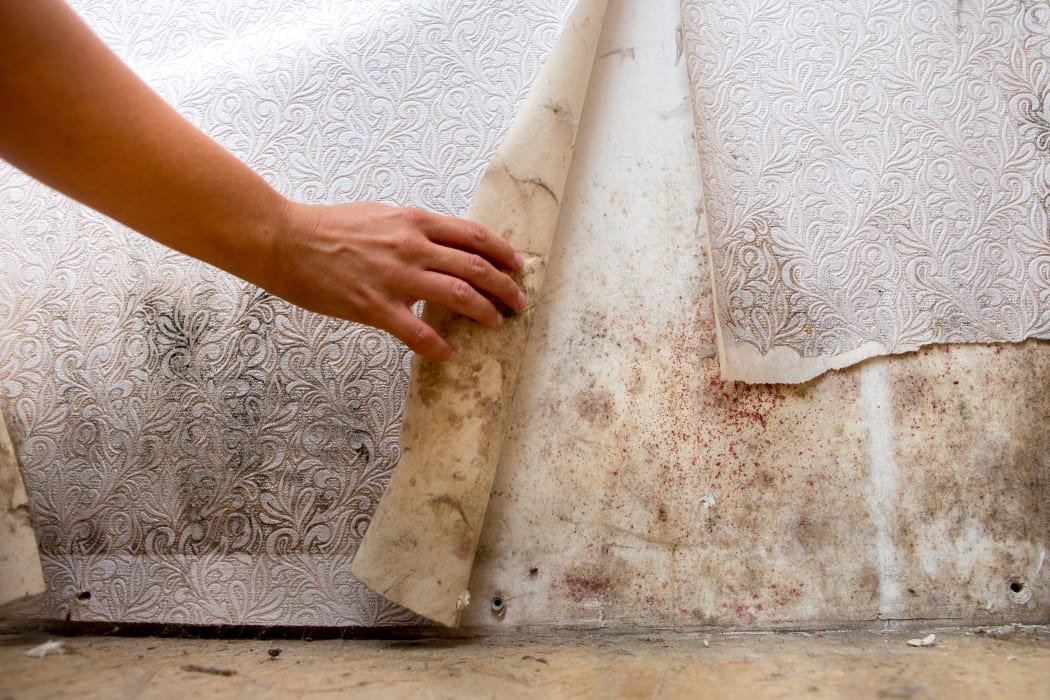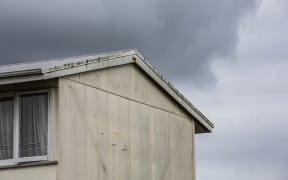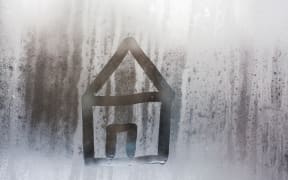Thousands of whānau are living through winter in cold, damp and mouldy homes.

Poor housing is a widespread problem in New Zealand with 900,000 homes deemed unhealthy this winter, according to Otago University housing expert Distinguished Professor Philippa Howden-Chapman. Photo: 123RF
Housing advocates say as a result thousands of Māori tamariki will end up in hospital with avoidable illnesses.
One Northland mother of two, who did not want to be named, said it was a daunting prospect moving into a new home just before winter.
"It had no heating and I have got my two young boys which was my main concern," she said.
"At that time when I had just moved in, I only had the bare essentials, so all I had was a tiny little fan heater."
The woman sought help from the local Healthy Homes Initiative, which aims to warm up the homes of low income families with young children.
Fortunately, just before the winter set in, she was supplied with some key essentials including thick curtains, an oil heater and new bunk beds and bedding for her boys.
"It's warm and it is definitely ready for winter which was my main concern, I just feel like every winter is getting colder.
"And now my babies are all wrapped up in nice new bedding and we have our heaters going."
But many whānau will not be so lucky.
One in three Māori living in damp homes
New statistics show more than one in three Māori live in cold, damp and sometimes mouldy homes. That's compared to one in five pākehā.
Otago University housing expert Distinguished Professor Philippa Howden-Chapman said it's a serious concern.
"Māori and Pacific tend to live in these older houses that are more likely to be cold and damp - so it is a big problem," Howden-Chapman said.
"That is partly because Māori and Pacific families are much younger so they have less money to be able to purchase a house.
"And they are part of the group that mainly live in rental houses and we know that rental houses are much colder and damper."
However, poor housing was a widespread problem in New Zealand with 900,000 homes deemed unhealthy this winter, she said.
About 80,000 people will end up in hospital as a result of living in substandard housing including nearly 30,000 children.
The situation for Māori is worst in Northland, where 42.9 percent of Māori are living in damp housing.
Whangarei health leader, Ngaire Rae, said Mahitahi Hauora was unable to support every whānau who needed help from their Healthy Homes Initiative.
"Most of our referrals are for tamariki Māori, so about maybe 80 percent for our tamariki," Rae said.
"A lot of that is to do with where we get referrals from health services and the hospital."
Rae said the disparities in Te Tai Tokerau were unfair and more needed to be done to reduce the gap between Māori and non-Māori.
Fears Covid-19 leaving whānau more vulnerable
There are concerns that this winter could hit families harder in the wake of the Covid-19 crisis.
Rae said a collective of Māori service providers in Northland were helping whānau hit by Covid-19-related issues, and they were seeing more referrals as a result.
"Some of those referrals are pretty sad reading, lots and lots of people all in the same whare together and people have lost jobs and income."
Children's charity Variety spokesperson Emma Bolwell said the organisation was bracing itself for the full impact of Covid-19.
Variety supplies hundreds of kids living in poor housing with new beds and bedding to prevent the spread of illnesses but already it cannot meet demand.
"There's still waiting lists of children - there is a lot more that we could be doing," Bolwell said.
"The fall out from Covid and the job losses that families are going to experience or are experiencing does concern us.
"We have seen an increase in the number of children and their families who are applying for assistance through Variety and I think we are only at the beginning of that."
This week, the Health Research Council awarded $5 million to a research team to study the country's old, cold and mouldy homes.
And Howden-Chapman was welcoming the government's new rental standards and the planned build of thousands more healthy homes.
But she said the government needed to boost funding for the Healthy Homes Initiative, to at the very least - equip families with heaters and warm curtains.





